Have you ever seen a picture of a smiling animal? Chances are, it was a quokka. A quokka is a small, adorable marsupial that’s often called “the world’s happiest animal” because of its cute, permanent smile. They’re about the size of a domestic cat and have round faces, soft fur, and short, fluffy tails. These little guys are herbivores, munching on grasses, leaves, and some shrubs. They’re nocturnal, so they’re more active at night, foraging for food and staying safe from predators.
Scientific Classification
-
Kingdom: Animalia
-
Phylum: Chordata
-
Class: Mammalia
-
Infraclass: Marsupialia
-
Order: Diprotodontia
-
Family: Macropodidae
-
Genus: Setonix
-
Species: Setonix brachyurus

Image showing a smiling quokka posing near a tree on Rottnest Island (Source: I Very Much Love It Here)
Where Quokkas live
Quokkas are found primarily on Rottnest Island and a few smaller islands off the coast of Western Australia. A small population also exists on the mainland.
They prefer scrubby, dense vegetation for hiding and open grasslands for grazing.
Fun fact: The name “Rottnest” comes from Dutch explorers who mistook quokkas for giant rats, they called the island “Rat’s Nest.”
What Quokkas look like
-
Size: About the size of a domestic cat
-
Weight: 2.5 to 5 kg
-
Height: Around 40–50 cm tall
-
Color: Brown-grey fur with lighter underbellies
-
Tail: Long but not prehensile
-
Smile: Their naturally upturned mouths make them look like they’re grinning!
Cool Quokka facts
-
Quokkas are marsupials, meaning females carry their babies in pouches like kangaroos.
-
They’ve been nicknamed “the world’s happiest animal” thanks to their smiley faces.
-
Quokkas are nocturnal, mostly active at night.
-
They’re herbivores, eating leaves, grasses, and roots.
-
It’s illegal to touch or feed them in the wild, even if they look like they want a snack.
Quokka babies: The Joeys
-
Quokkas give birth to one joey at a time.
-
The joey stays in its mother’s pouch for about 6 months.
-
After leaving the pouch, it continues nursing and stays close to the mother for a few more months.
In hard times, quokkas may eject their joey from the pouch to escape predators, a heartbreaking but natural defense mechanism.
Behavior & Personality
Quokkas are naturally curious and not afraid of humans, especially on Rottnest Island. While they look friendly, they are still wild animals and should be respected from a distance.
They:
-
Live in small colonies
-
Use tunnels in shrubs as safe paths
-
Communicate using soft sounds and body language
-
Can climb trees (yes, surprisingly!)
Conservation Status
-
IUCN Status: Vulnerable
-
Threats include:
-
Habitat destruction
-
Introduced predators (like foxes and cats)
-
Droughts and climate change
-
Common health concerns
The following can be concerns in captivity or rescue:
-
Parasites (fleas, ticks)
-
Dehydration or malnutrition
-
Stress from human handling
-
Injuries from cars or predators
At Doctor Hulk Veterinary Hospital, we believe in animal education and conservation. Don’t hesitate to reach out to us for your animal health care and concerns. You can also contact us via phone call or whatsapp @ 08143397614.




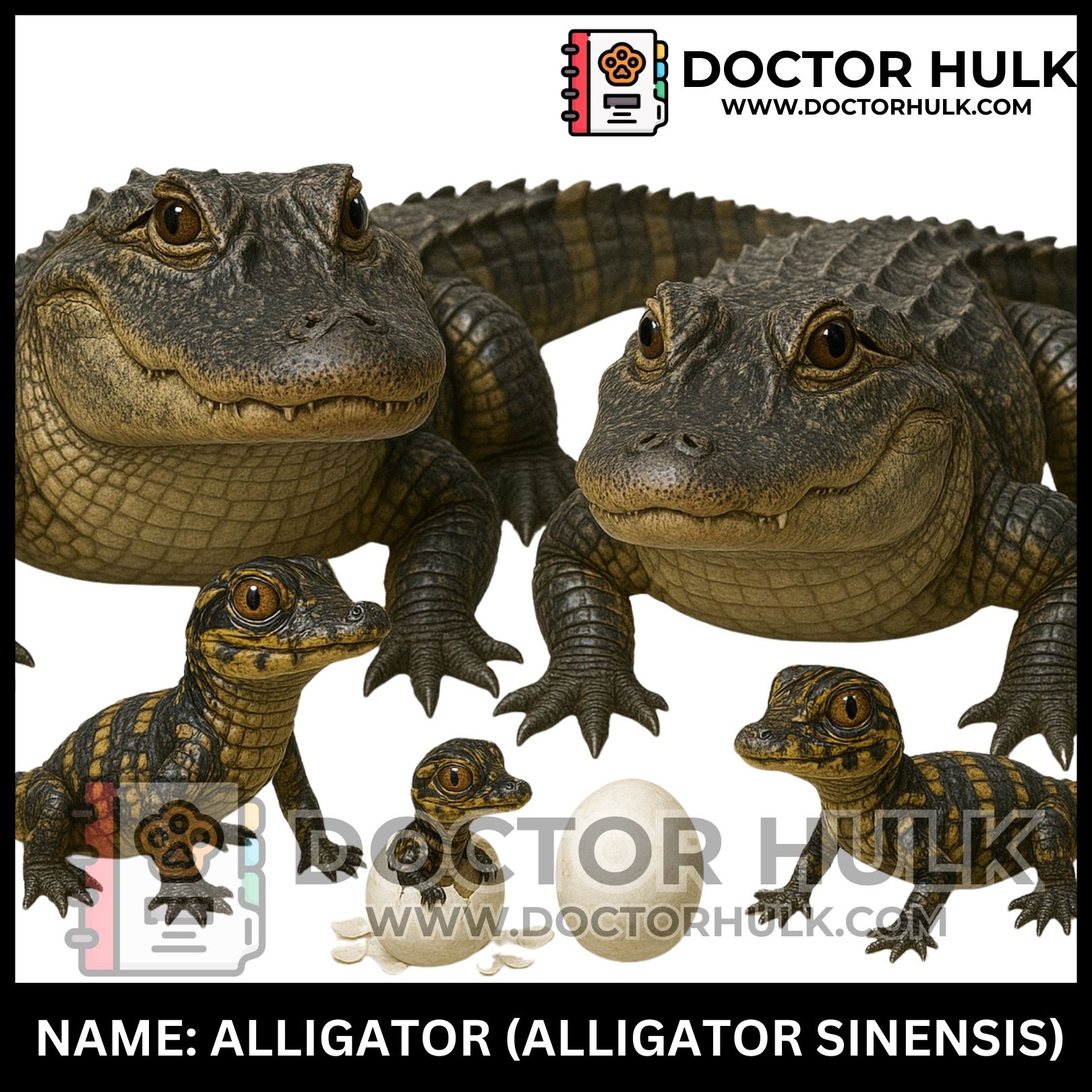
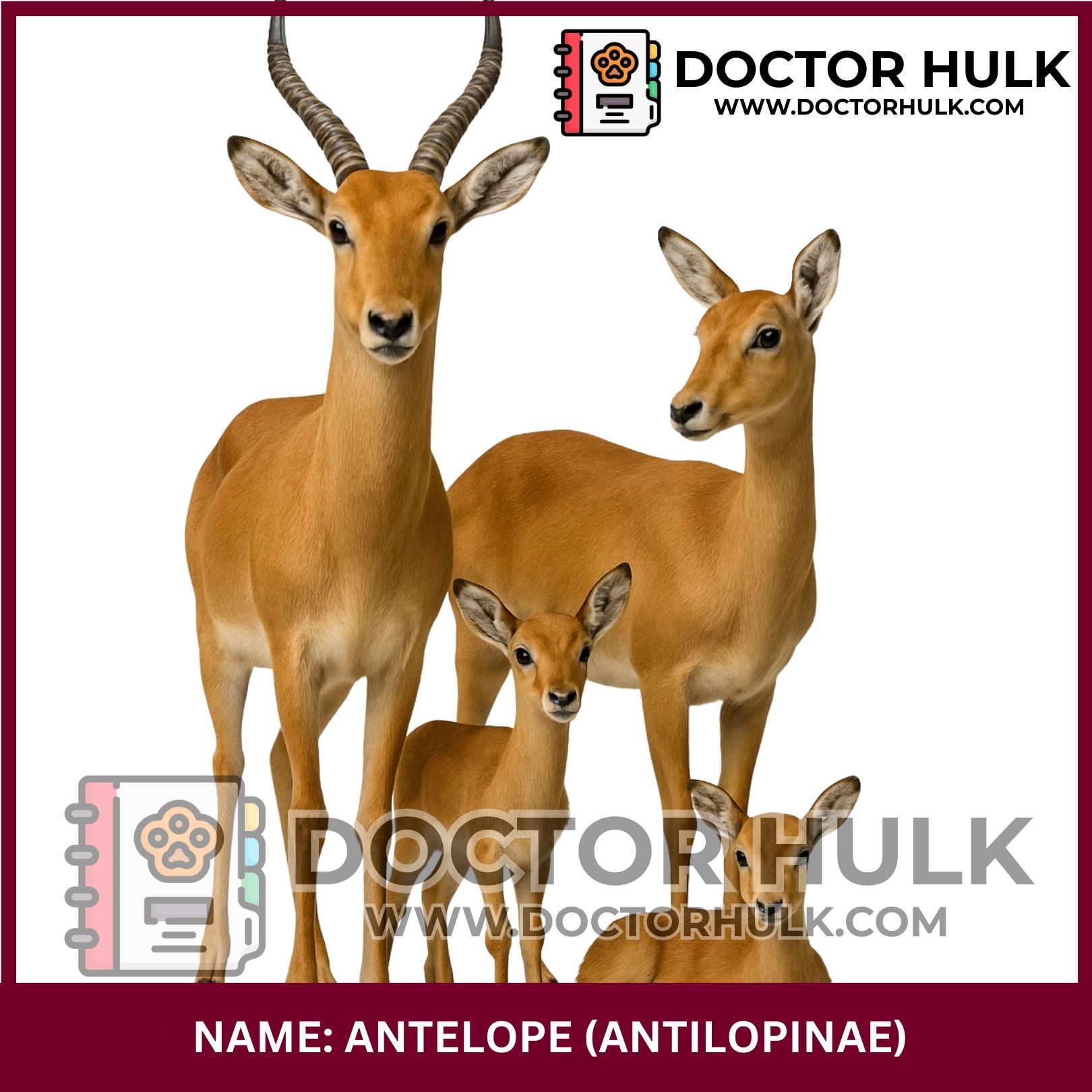
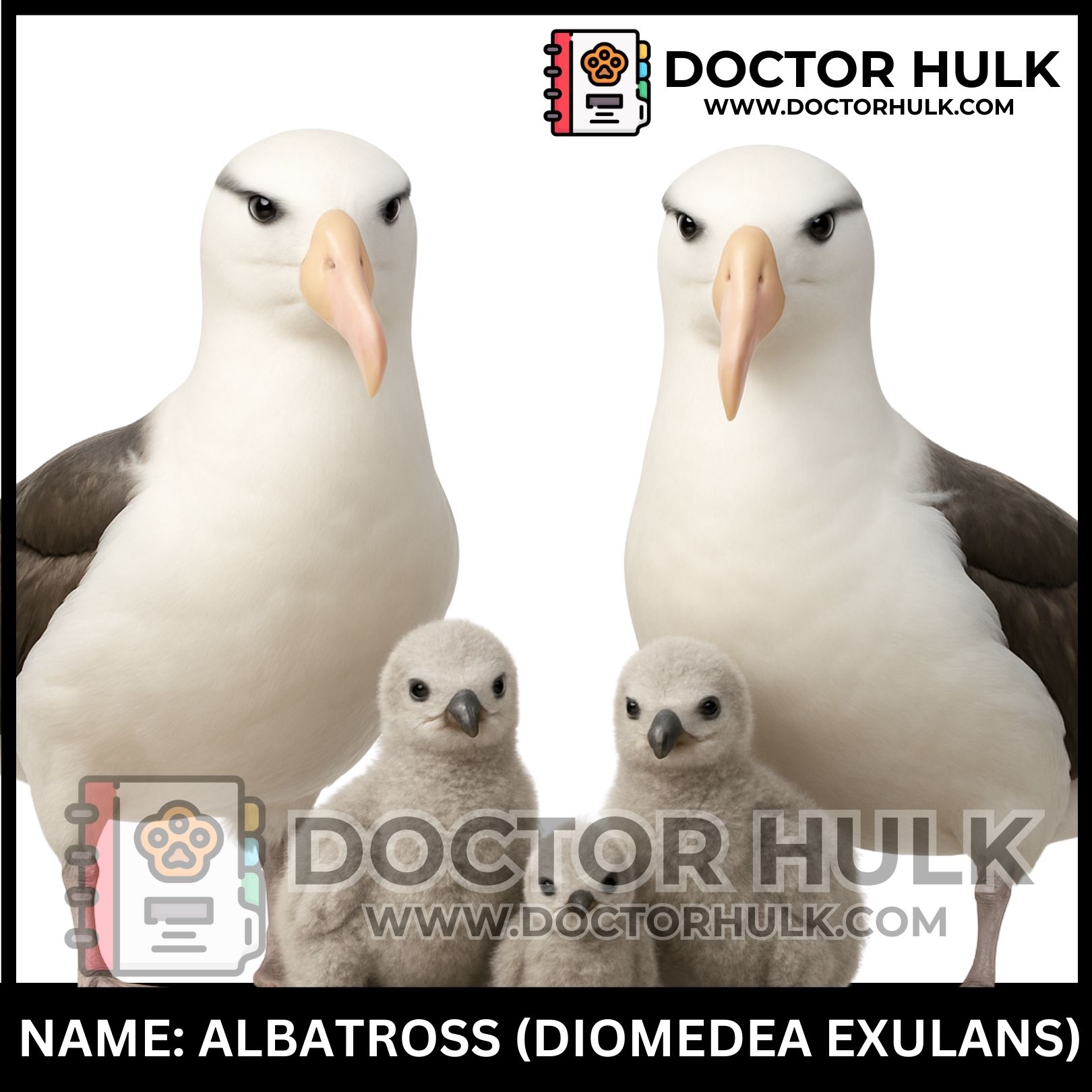
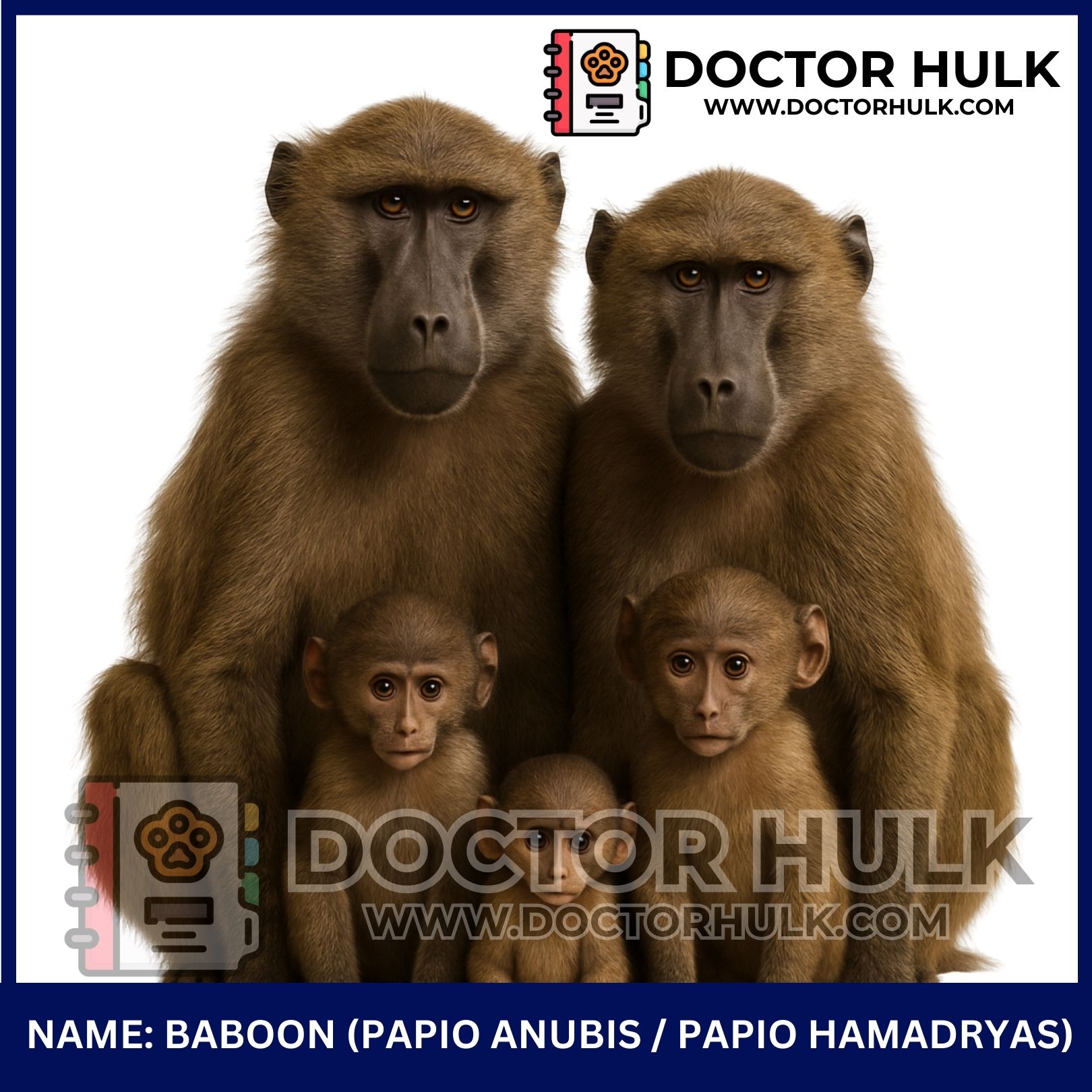
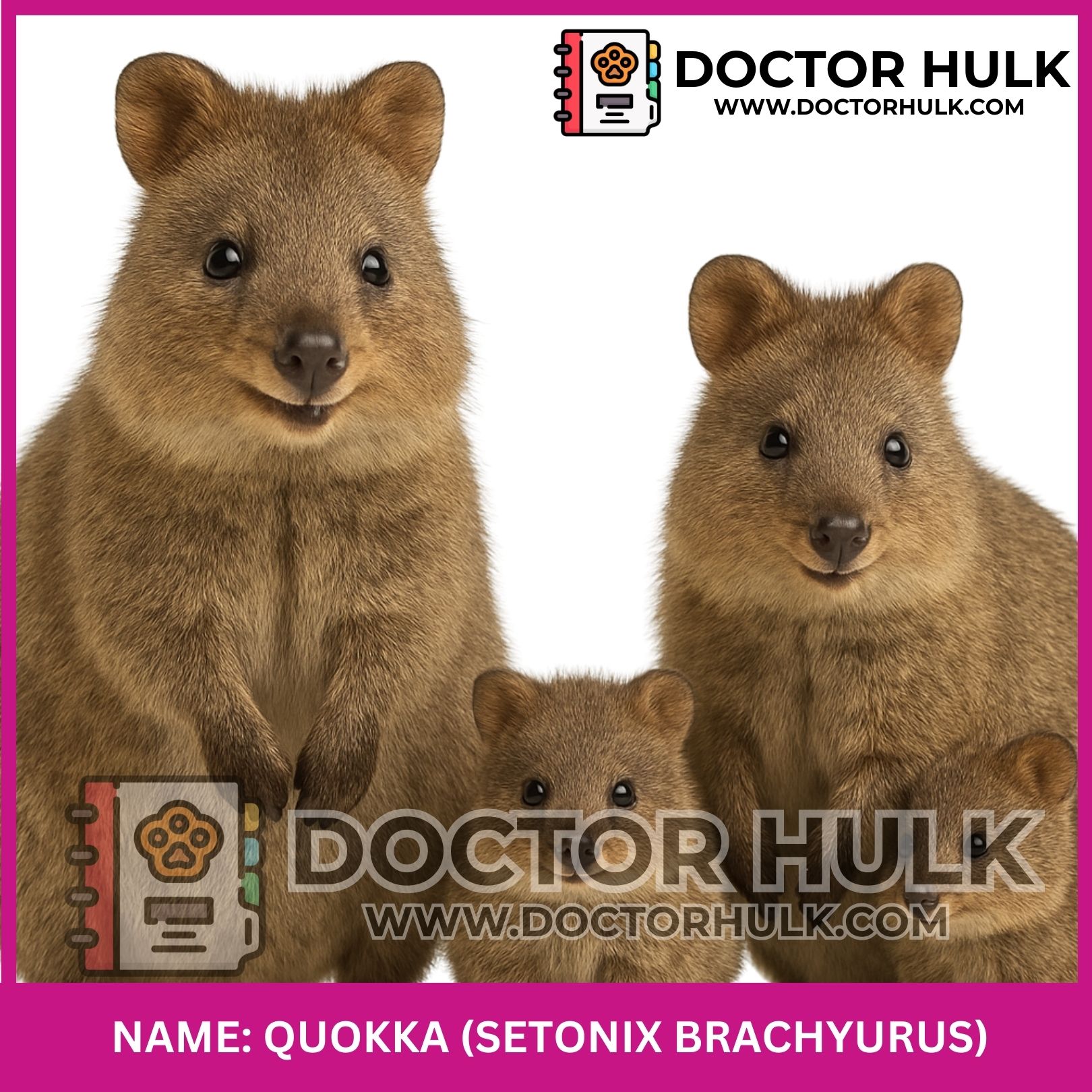
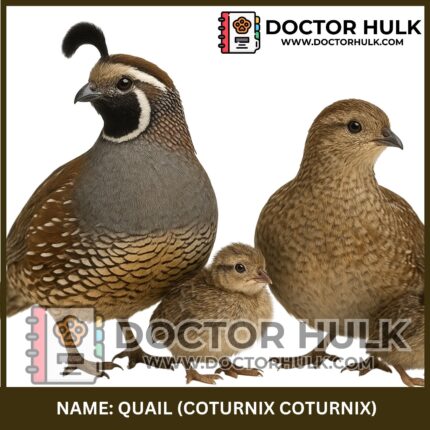
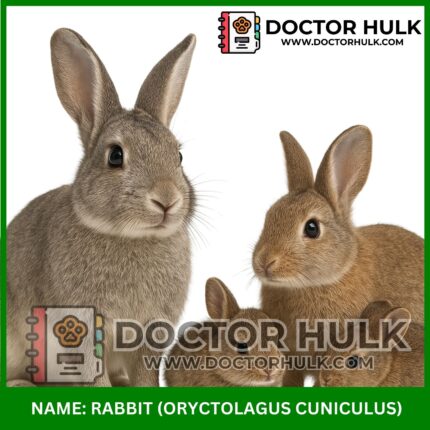


Reviews
There are no reviews yet.